August 27, 2024
Supporting Babies Born Addicted To Opioids
Understanding NAS, medical intervention, and long-term recovery.
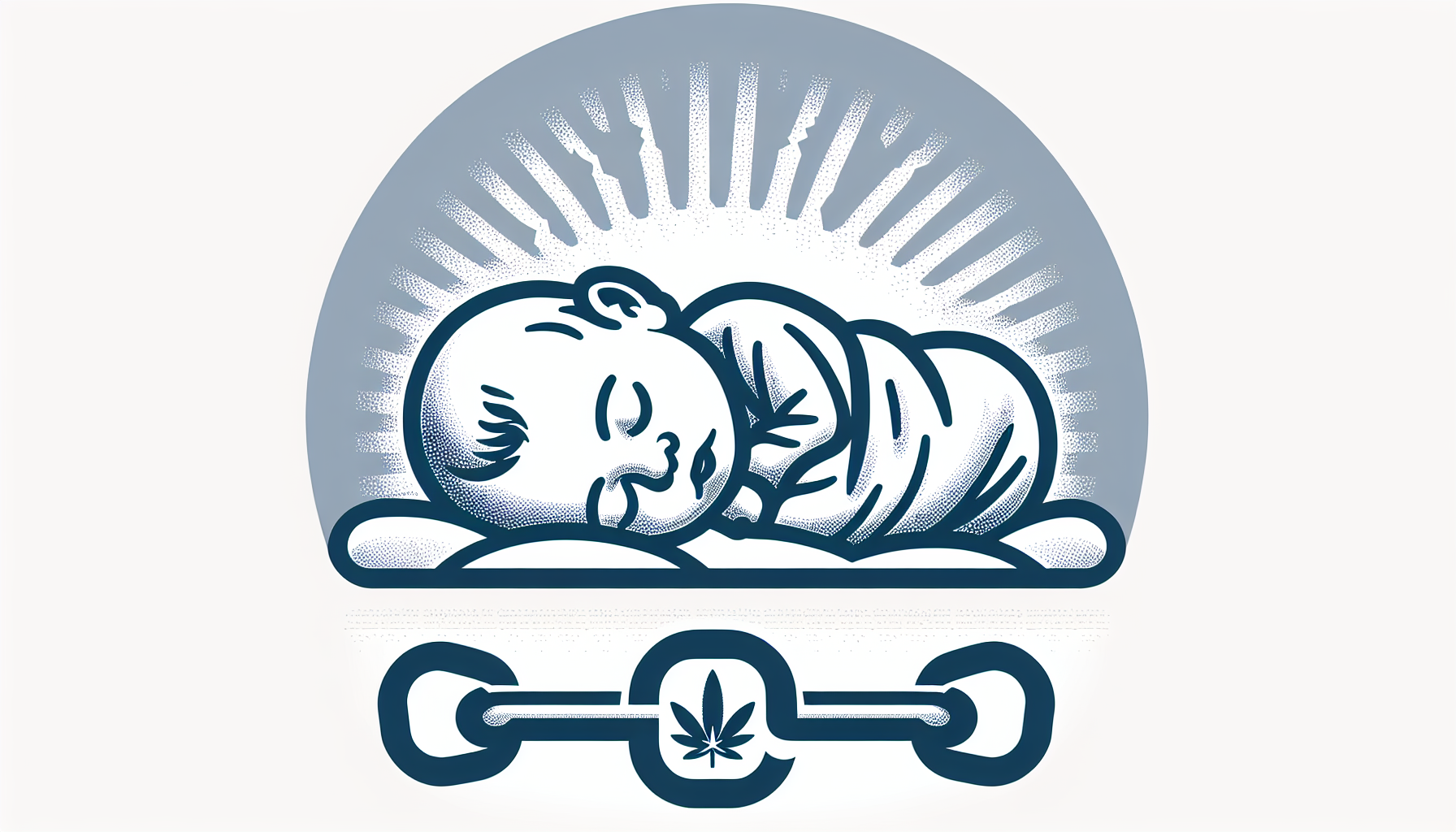
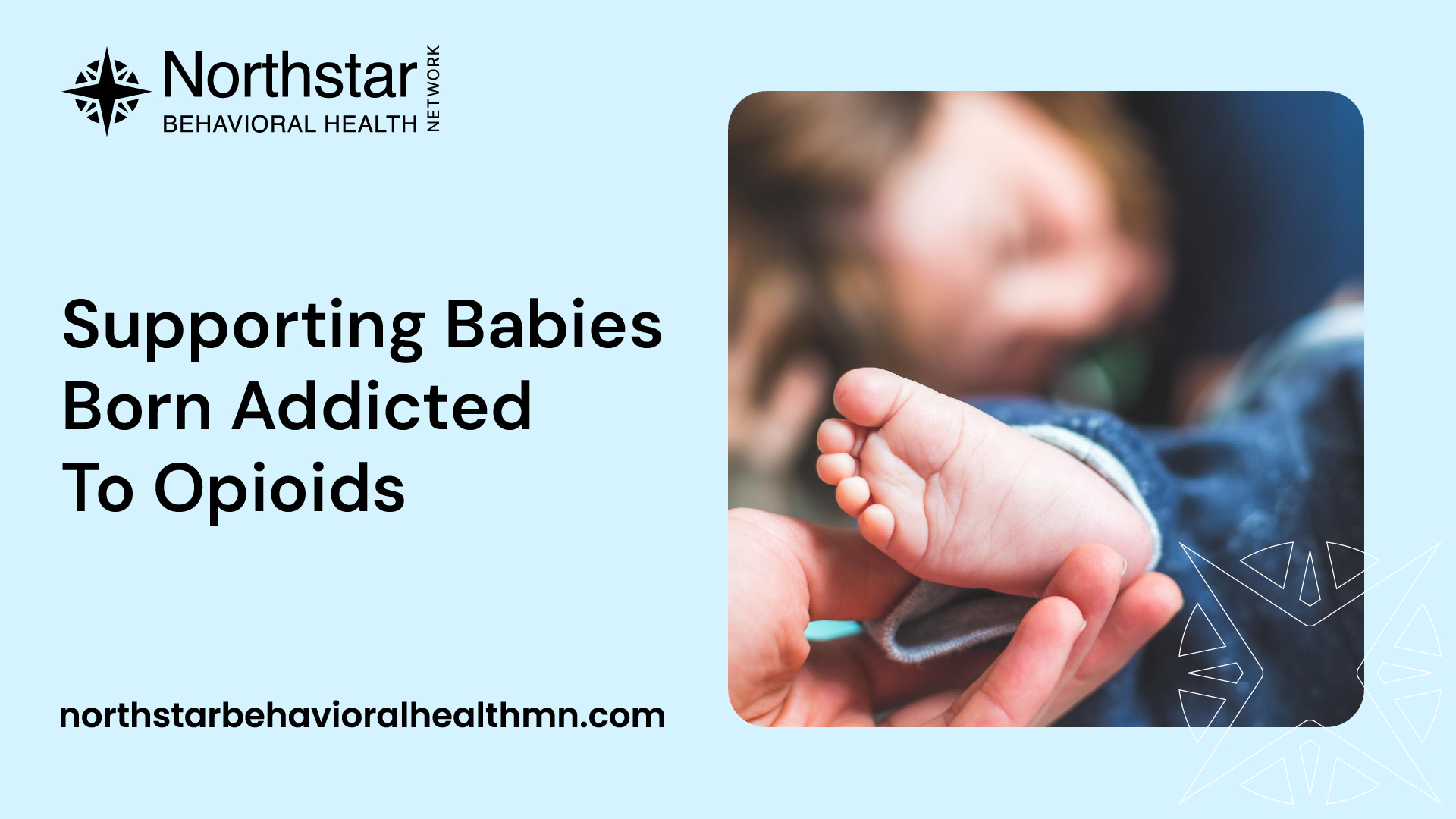
Understanding Neonatal Abstinence Syndrome (NAS)
Neonatal Abstinence Syndrome (NAS) is a condition that affects newborns who were exposed to opioids during pregnancy. It occurs when a baby is born addicted to opioids due to their mother's substance use. Understanding the effects of opioid addiction on newborns and the challenges they face is crucial for providing appropriate care and support.
Effects of Opioid Addiction on Newborns
Babies born to mothers with opioid addiction may experience a range of physical and neurological symptoms. These symptoms can vary in severity depending on factors such as the type and amount of opioids used, the duration of use, and other individual factors. Common effects of opioid addiction on newborns include:
- Excessive crying and irritability
- Poor feeding and slow weight gain
- Sleep disturbances
- Tremors and muscle stiffness
- Hyperactive reflexes
- High-pitched crying
- Seizures in severe cases
It's important to note that not all babies exposed to opioids will develop NAS, but it is estimated that every hour, a baby is born addicted to opioids in the United States alone. Prompt diagnosis and appropriate medical intervention are crucial for managing NAS and promoting the baby's well-being.
Challenges Faced by Babies Born Addicted to Opioids
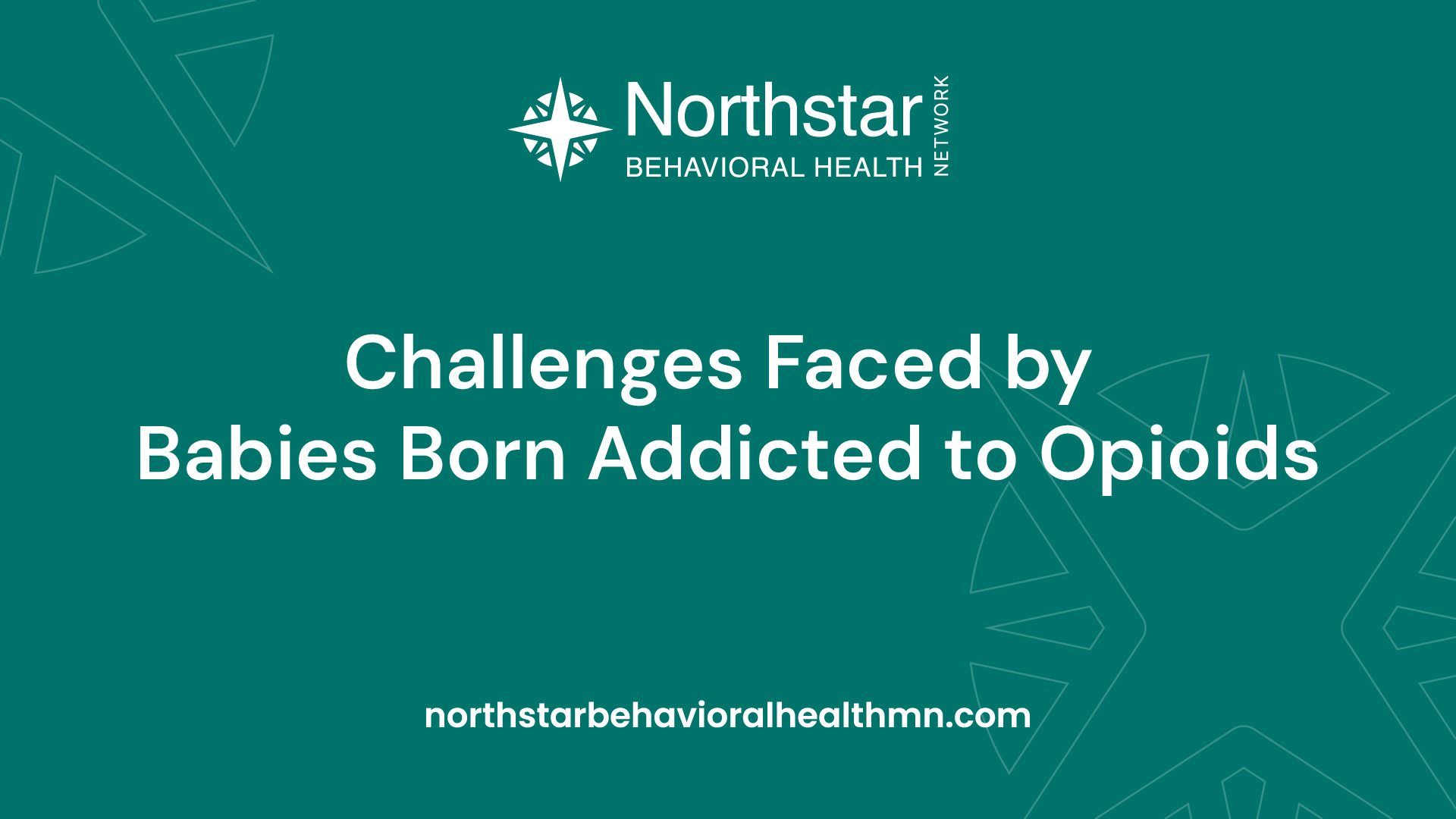
Babies born with NAS face unique challenges that require specialized care and support. These challenges can include:
- Withdrawal Symptoms: Babies with NAS may experience withdrawal symptoms as their bodies adjust to the absence of opioids. This can be distressing for the baby and may require medical intervention to manage and alleviate these symptoms.
- Medical Complications: Babies born with NAS may be at a higher risk of certain medical complications, such as low birth weight, respiratory problems, and feeding difficulties. Close monitoring by healthcare professionals is essential to identify and address any potential complications.
- Long-Term Developmental Effects: While the immediate symptoms of NAS can often be managed, there may be potential long-term developmental effects. Studies have suggested that babies with a history of prenatal opioid exposure may be at a higher risk of developmental delays and behavioral issues. Early intervention and ongoing support are crucial to mitigate these potential challenges.
By understanding the effects of opioid addiction on newborns and the challenges they face, healthcare professionals, parents, and caregivers can work together to provide the necessary care and support for these vulnerable infants. In the following sections, we will explore the medical interventions and care required for babies with NAS, as well as the importance of support for parents and caregivers.
Medical Intervention and Care
When it comes to supporting babies born addicted to opioids, medical intervention and care play a crucial role in ensuring their well-being and helping them navigate through the challenges of withdrawal. This section will discuss the diagnosis and treatment of Neonatal Abstinence Syndrome (NAS) as well as the importance of medical monitoring and support for these babies.
Diagnosis and Treatment of NAS
Diagnosing NAS involves a comprehensive assessment of the baby's symptoms and medical history. Medical professionals closely observe the newborn for signs of withdrawal, such as excessive crying, tremors, irritability, and difficulty sleeping. They may also conduct urine or meconium testing to confirm the presence of opioids or other substances in the baby's system.
Once diagnosed, treatment for NAS focuses on managing withdrawal symptoms and providing a supportive environment for the baby's recovery. The specific treatment plan may vary depending on the severity of withdrawal symptoms and the baby's overall health. It may include:
- Non-Pharmacological Approaches: Non-pharmacological interventions, such as swaddling, gentle rocking, and providing a calm and quiet environment, can help soothe the baby and alleviate withdrawal symptoms.
- Pharmacological Interventions: In some cases, medication may be necessary to manage severe withdrawal symptoms. Opioid medications, such as morphine or methadone, are commonly used to gradually wean the baby off opioids and minimize withdrawal discomfort.
- Individualized Care: Each baby's treatment plan is tailored to their unique needs. Medical professionals closely monitor the baby's progress, adjusting the treatment as necessary to ensure their safety and comfort.
Importance of Medical Monitoring and Support
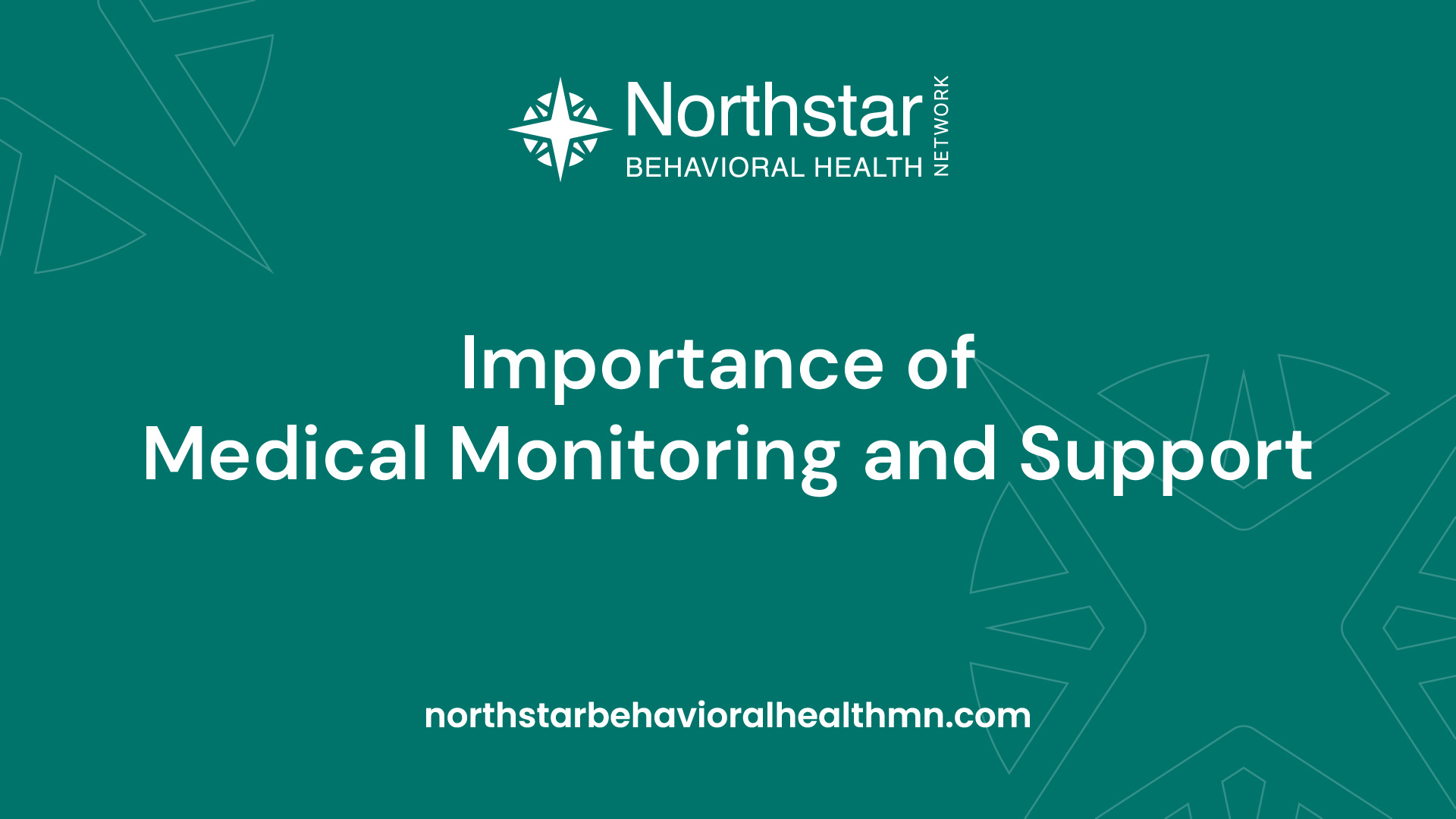
Medical monitoring and support are crucial throughout the entire treatment process for babies born addicted to opioids. Close observation allows healthcare providers to assess the baby's progress, monitor their vital signs, and ensure that any complications are promptly addressed.
Regular check-ups and developmental assessments are essential to track the baby's growth and development over time. These evaluations help identify any potential long-term effects that may arise as a result of prenatal opioid exposure. Early intervention services, such as physical therapy or occupational therapy, may be recommended to support the baby's development and address any developmental delays.
In addition to medical monitoring, providing emotional support to parents and caregivers is essential. The journey of caring for a baby with NAS can be challenging and emotionally taxing. Offering guidance, empathy, and resources can help parents and caregivers navigate through this difficult period and provide the best care possible for their child.
By prioritizing medical intervention, monitoring, and support, healthcare professionals can play a crucial role in helping babies born addicted to opioids on their path to recovery. With proper care and attention, these babies have the opportunity to thrive and lead healthy lives.
Support for Parents and Caregivers
When a baby is born addicted to opioids, it is essential to provide support not only to the newborn but also to the parents and caregivers who are facing this challenging situation. Emotional support, along with access to resources and programs, can greatly assist in navigating the journey of recovery. Here are two crucial areas of support for parents and caregivers:
Emotional Support for Parents
Parents who have a baby born addicted to opioids may experience a range of emotions, including guilt, shame, and anxiety. It is important to provide them with a safe and supportive environment where they can express their feelings without judgment.
Building a strong support network is vital for parents in this situation. Encouraging them to seek out support groups, both online and in-person, can connect them with others who have gone through similar experiences. These groups provide a space for sharing stories, offering advice, and finding solace in the knowledge that they are not alone.
Additionally, individual counseling or therapy sessions can provide parents with a confidential and non-judgmental space to process their emotions and develop coping strategies.
Resources and Programs for Families
Parents and caregivers of babies born addicted to opioids can benefit from accessing various resources and programs designed to support them throughout the recovery journey. These resources provide crucial information, education, and assistance to ensure the best care for both the baby and the family.
Local hospitals or medical centers often have specialized programs or clinics that provide comprehensive care for newborns with Neonatal Abstinence Syndrome (NAS). These programs may include medical monitoring, treatment plans, and guidance on parenting strategies specific to babies experiencing withdrawal symptoms. It is important for parents to connect with these programs as they can provide valuable information on managing the challenges associated with NAS.
In addition to medical resources, there are also community-based programs and organizations that focus on supporting families affected by opioid addiction. These programs may offer parenting classes, counseling services, addiction treatment referrals, and assistance with accessing social services. Connecting with these resources can provide parents and caregivers with the tools and knowledge needed to create a nurturing and supportive environment for their baby's recovery.
By providing emotional support and access to resources and programs, parents and caregivers can find the guidance and assistance they need to navigate the complexities of having a baby born addicted to opioids. It is crucial to emphasize that seeking help is a sign of strength and that there are resources available to support them through this challenging time.
Encouraging parents to take advantage of these resources will not only benefit the baby's recovery but also contribute to the overall well-being and resilience of the entire family.
Long-Term Impact and Recovery
Babies born addicted to opioids may experience long-term effects as a result of their exposure to these substances in the womb. Understanding these potential effects is crucial in developing strategies for long-term recovery and rehabilitation.
Potential Long-Term Effects on Babies
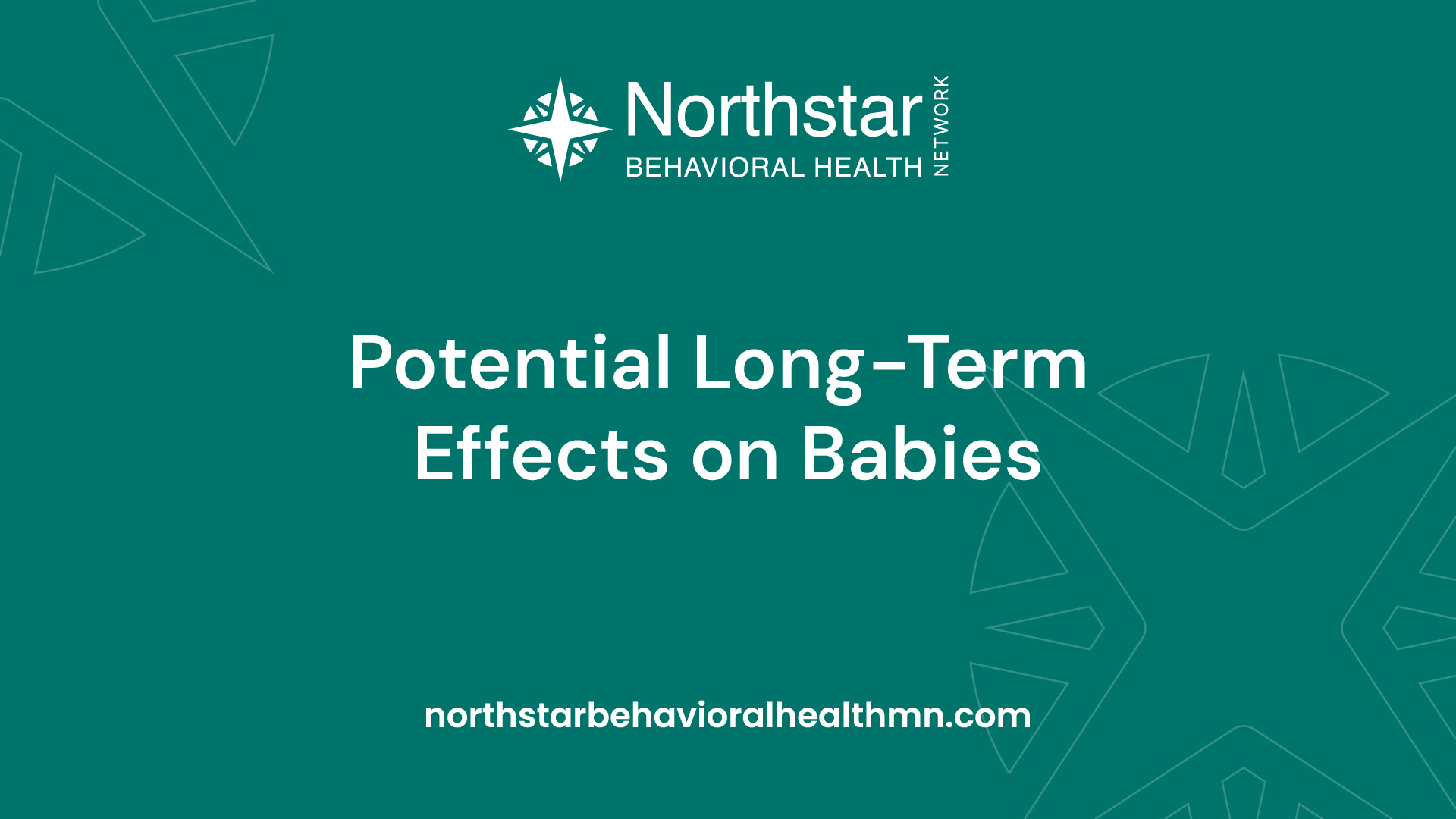
While each baby's experience may vary, there are common long-term effects that babies born addicted to opioids may face. These effects can manifest in various areas of development, including physical, cognitive, and social-emotional aspects. It's important to note that early intervention and comprehensive support can greatly mitigate these effects.
It's essential for healthcare providers, parents, and caregivers to closely monitor the child's progress and seek appropriate interventions when necessary. Early intervention programs, educational support, and therapy services can greatly contribute to the child's long-term success and well-being.
Strategies for Long-Term Recovery and Rehabilitation
To support the long-term recovery and rehabilitation of babies born addicted to opioids, a multifaceted approach is necessary. This approach involves addressing the unique needs of each child and providing comprehensive support to the child and their family.
- Medical Intervention: Continued medical monitoring and follow-up are crucial to ensure the child's growth and development are on track. Regular check-ups, developmental screenings, and access to specialized healthcare providers are essential components of this strategy.
- Early Intervention Programs: Early intervention programs focus on providing specialized services to address developmental delays and other challenges. These programs may include speech therapy, occupational therapy, physical therapy, and educational support. Early intervention can significantly improve outcomes for children with long-term effects of neonatal abstinence syndrome (NAS).
- Educational Support: Collaborating with educators and school systems to create individualized education plans (IEPs) can help meet the child's unique learning needs. Educational support may include additional resources, specialized instruction, and accommodations to ensure the child's educational success.
- Therapy Services: Access to mental health services, including counseling and therapy, can provide essential emotional support for both the child and their family. Therapists can assist in addressing behavioral challenges, social-emotional development, and family dynamics.
- Parental and Caregiver Support: Providing parents and caregivers with resources, education, and emotional support is crucial in helping them navigate the challenges of raising a child with long-term effects of NAS. Support groups, counseling, and educational programs can equip them with the tools and knowledge needed to provide the best care for their child.
By implementing these strategies and ensuring a comprehensive support system, babies born addicted to opioids have a greater chance of overcoming the potential long-term effects and thriving in their development. It's important to approach recovery and rehabilitation holistically, addressing the physical, cognitive, and emotional needs of the child, while also providing support to their families. With the right support and intervention, these children can experience hope, healing, and a bright future.
Community Involvement and Advocacy
Addressing the issue of babies born addicted to opioids requires the collective efforts of the community. By raising awareness about Neonatal Abstinence Syndrome (NAS) and supporting policies and programs for prevention, we can make a significant impact in addressing this crisis.
Raising Awareness about NAS
One of the crucial steps in combating NAS is raising awareness about its effects and the factors contributing to it. By educating the community, healthcare professionals, and policymakers about the prevalence and consequences of NAS, we can foster a greater understanding of the issue and encourage action.
Raising awareness can be achieved through various means, such as organizing community events, distributing informational materials, and partnering with local organizations and schools. Additionally, leveraging social media platforms and online resources can help reach a wider audience and facilitate knowledge sharing. By shedding light on the issue, we can inspire individuals and communities to take an active role in preventing opioid addiction and supporting affected families.
Supporting Policies and Programs for Prevention
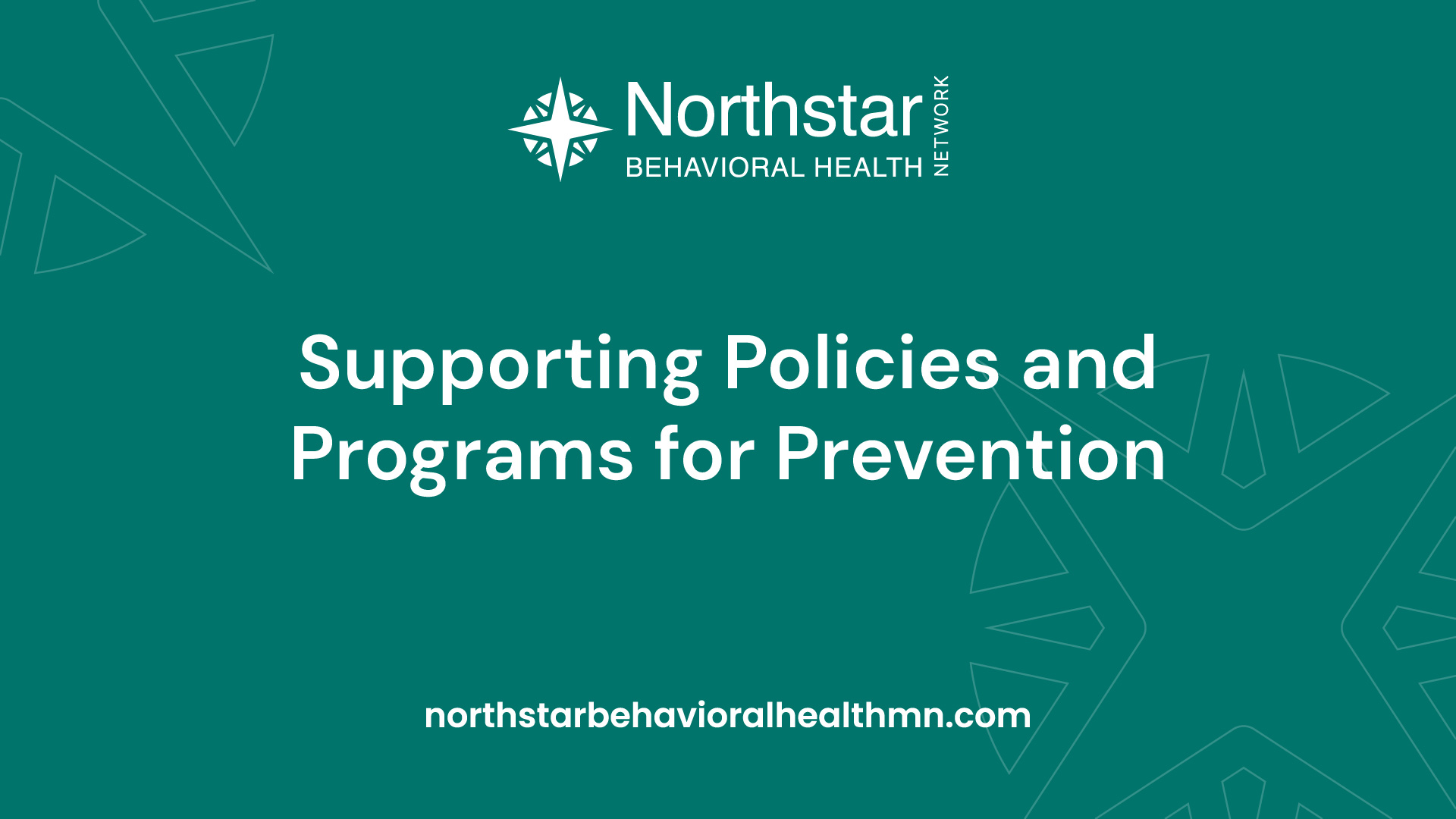
Advocacy for policies and programs aimed at preventing opioid addiction and supporting affected families is essential in addressing the root causes of NAS. Supporting initiatives that promote access to quality healthcare, substance abuse treatment, and mental health resources can make a significant difference in preventing opioid addiction among expectant mothers.
Additionally, advocating for policies that promote comprehensive sex education and awareness about the risks of opioid use during pregnancy can contribute to prevention efforts. By engaging in dialogue with local, state, and national policymakers, we can influence the development and implementation of effective strategies to combat opioid addiction and support families affected by NAS.
Collaborating with local organizations, healthcare professionals, and community leaders is crucial in advocating for these policies and programs. By working together, we can ensure that the necessary resources and support systems are in place to prevent opioid addiction, provide early intervention, and offer comprehensive care for families affected by NAS.
By actively participating in community involvement and advocacy efforts, we can help create a supportive environment for individuals struggling with opioid addiction and their families. Through education, awareness, and policy initiatives, we can collectively work towards preventing opioid addiction and ensuring the well-being of both current and future generations.
Stories of Recovery and Resilience
In the journey towards recovery from addiction, stories of hope and resilience can provide inspiration and motivation. Hearing about individuals who have successfully overcome their addiction can instill a sense of belief that recovery is possible. These stories demonstrate that with determination, support, and the right resources, individuals can achieve lasting sobriety.
Many people have shared their stories of recovery, highlighting the challenges they faced and the strategies they employed to overcome addiction. These stories often emphasize the importance of seeking professional help, building a strong support system, and adopting healthy coping mechanisms. Reading about the experiences of others who have walked a similar path can offer comfort, encouragement, and a renewed sense of hope.
Encouragement for Families and Individuals in Similar Situations
For families and individuals struggling with addiction, it is important to know that they are not alone. Encouragement and support play a significant role in the recovery process. Whether it is from loved ones, support groups, or professionals, having a network of individuals who understand and empathize with the challenges can make a world of difference.
For individuals seeking recovery, it is crucial to remember that setbacks are a normal part of the journey. It is important to be kind to oneself and not let a slip or relapse discourage the pursuit of sobriety. Instead, individuals should use these experiences as learning opportunities, reassess their strategies, and seek additional support if needed. Understanding that setbacks are not failures but rather opportunities for growth and resilience is essential.
Families and individuals in similar situations can find encouragement through various resources, including support groups, counseling services, and online forums. Connecting with others who have faced similar challenges can provide a sense of community and understanding. Sharing experiences, challenges, and triumphs can foster a sense of belonging and reinforce the belief that recovery is possible.
Remember, every journey is unique, and recovery takes time. By staying committed, seeking support, and drawing inspiration from the stories of others, individuals and families can find hope and healing on their path to sobriety.
If you're interested in learning more about addiction and recovery, check out our article on is there a difference between a slip and a relapse?.

.jpg)




.jpg)

